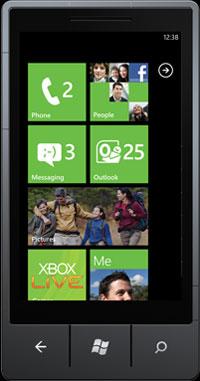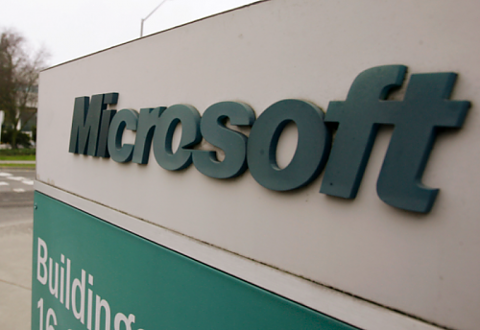How badly does Microsoft want developers to build apps for Windows 10? The company, long notorious for refusing to allow its platforms to play well with those developed by rivals, just released its Windows Bridge for iOS into public beta. The software will give developers the ability to port existing iOS apps to the Windows Store. Final release is scheduled for sometime this fall. “The iOS bridge supports both Windows 8.1 and Windows 10 apps built for x86 and x64 processor architectures,” read a posting about the release on the Windows Blog, “and soon we will add compiler optimizations and support for ARM, which adds mobile support.” Those interested in playing around with the software can download it from GitHub. The bridge includes four components: An Objective-C compiler, Objective-C runtime, iOS API headers/libs, and Visual Studio IDE integration. Microsoft is also hard at work on Windows Bridge for Android (also known as “Project Astoria”), which is only available as a technical preview by invitation, and Windows Bridge for Classic Windows apps (“Project Centennial”), for the porting of .NET and Win32-based applications. Microsoft needs developers to flood the Windows Store with apps. Facilitating the transformation of iOS and Android apps to Windows apps seems like a good way of making that happen, at least on paper. In reality, though, Microsoft may have to prove that Windows 10 on mobile devices is a viable (and growing) concept before developers will spend the hours and resources necessary to port their products.


